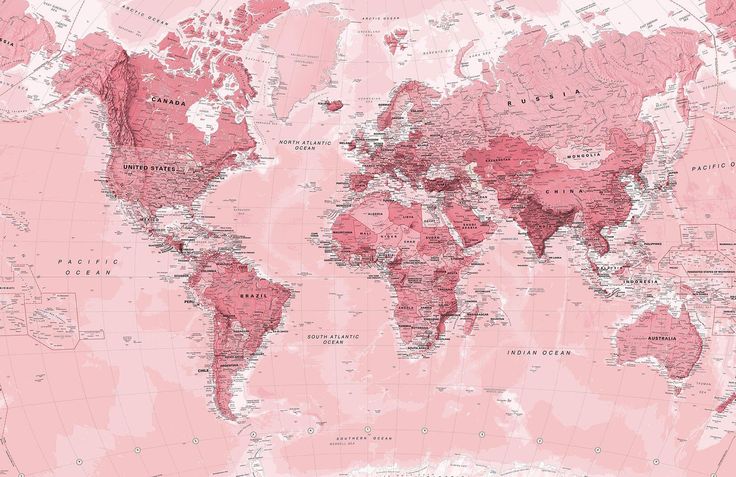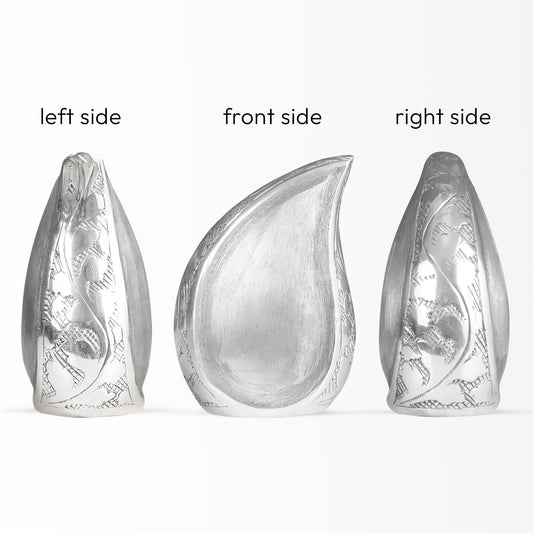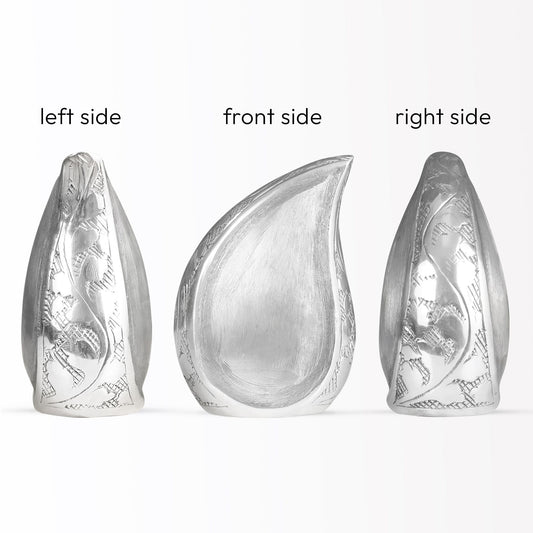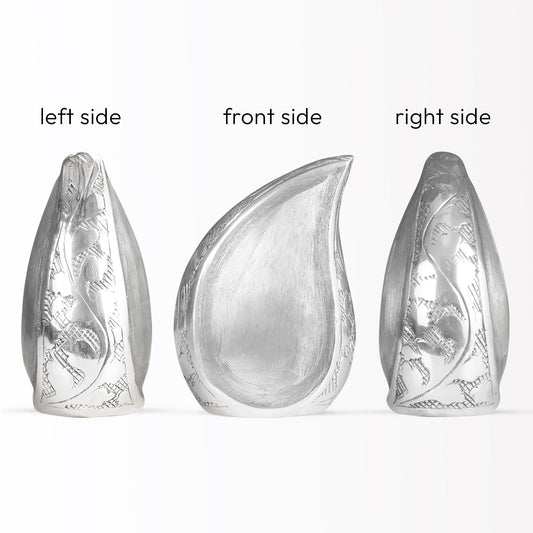Popular Urns
What Are The Laws Of Scattering Ashes in US?

Understanding the Laws of Spreading Ashes in the US:
This act of spreading the ashes of a loved one is a meaningful way to honor their memory, symbolizing a return to nature and an expression of freedom. However, while this practice holds deep emotional significance, it is subject to various laws and regulations in the United States. Therefore, understanding these legal considerations ensures that this tribute is carried out respectfully and in accordance with the law.The laws pertaining to scattering of ashes differ in the U.S. by state and location because their jurisdictions have their respective restrictions on where it could be done. In general, scattering of ashes is lawful but in certain situations it is subject to certain rules according to the type of place. Examples are private property, public area, waterways, or airspace.
Any restrictions that may have a potential implication in legal terms need to be sought or followed for permission.

1. On A Private Property
If you are spreading ashes on private property, then you would need permission from the property owner. If no permission is granted, it might be seen as trespassing. The process is somewhat easy when the properties belong to your relatives or to you. But in cases where other people own the property or even corporations, you should obtain consent in writing.
2. Public Land
Most public parks and other government-owned places do not permit scattering ashes. It typically requires getting permission from the local authorities or the managing agency. For example, national parks allow scattering ashes but have certain restrictions, for example, restricting the location to areas far away from trails, roads, and water courses. It is always wise to communicate with the administration of a given park before making such a move.

The Environmental Protection Agency (EPA) regulates the dispersal of ashes in water under the Clean Water Act. The EPA permits scattering of cremated remains in ocean waters, but this must be at least three nautical miles from the coastline. Additionally, non-biodegradable cremation urns or other materials should not be used as this would violate environmental protection measures. Scattering ashes in fresh waters like rivers and lakes may require a state permit or other permissions.
3. Airspace
The Federal Aviation Administration does not prohibit aerial scattering if it doesn't pose a threat to others. The ashes have to be spread in a way that does not interfere with flight operations and does not litter the ground.
4. Religious or Cultural Sites
Usually, religious institutions or cultural sites have their own policies in ash scattering. If you plan to scatter ashes in such places, look up for the governing body and its rules and customs.

Cremated ashes do not have any pathogens, thus resulting in no health concerns, but to be worthy of respect, a biodegradable urn, also referred to as a "green scattering device", has been chosen by more than one family whose life-views revolve around issues such as this one concerning nature. Secondly, rules regarding states require special permits that should be planned beforehand on both inter-state and country basis, meaning it all takes careful preparation to undertake such activity.
Scattering of ashes is generally allowed in the United States, but its legality and processes differ from one place to another. In this regard, based on proper research and respecting local laws and regulations, families can honor their loved ones in a manner that respects the wishes of the person yet remains in harmony with nature and the community.



























































































